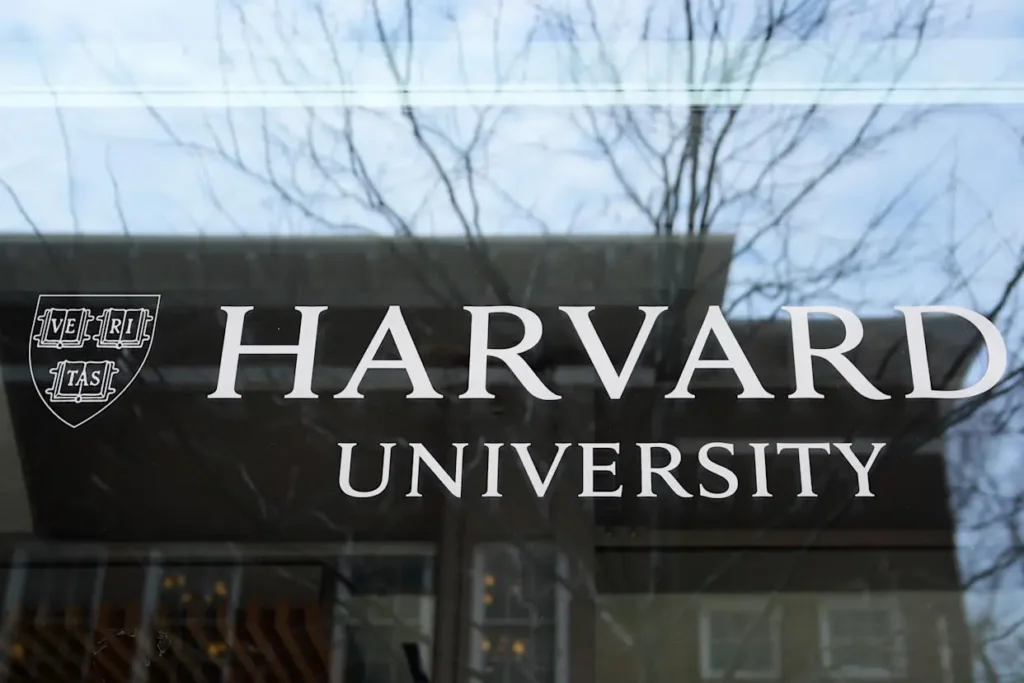From freezing funds to revoking SEVIS certification: Actions Trump administration has taken against Harvard University

From Funding Freezes to SEVIS Certification Revocation: The Trump Administration’s Battle with Harvard University
The Trump administration has launched several punitive measures against Harvard University. These actions have shaken the higher education community. They raise questions about academic freedom, government authority, and the future of international students in the U.S.
Background: A Growing Rift
Harvard University, a symbol of American academia, has clashed with the Trump administration in recent years. The dispute started over campus policies, freedom of expression, and federal oversight. Tensions escalated as the administration accused Harvard of ignoring federal investigations and promoting views it found objectionable.
The Freezing of Federal Funds: A Financial Blow
One of the most damaging moves was freezing federal funding. The administration halted about $2.3 billion in federal grants and contracts to Harvard. This included $2.2 billion for research and $60 million in contracts. The freeze especially affected Harvard’s T.H. Chan School of Public Health and other research programs.
The government claimed Harvard refused to improve transparency and governance. They demanded more efforts to fight antisemitism and checks on ideological diversity. Harvard saw this as political retaliation aimed at silencing opposition and controlling academic discussion.
Revocation of SEVIS Certification: Impact on International Students
The conflict worsened when the Department of Homeland Security revoked Harvard’s SEVIS certification. This certification allows schools to enroll international students who need visas. Without it, Harvard cannot admit new international students.
This change, announced in May 2025, affects over 6,800 current international students. These students now face tough choices. They may have to transfer, pause their studies, or risk deportation. The administration blamed Harvard for ignoring federal requests and supporting controversial campus protests.
This move is unprecedented. It threatens Harvard’s global reputation and the U.S.’s position as a top destination for international students.
Threats to Tax-Exempt Status: Political Pressure
President Trump also threatened to revoke Harvard’s tax-exempt status. Losing this status would hurt Harvard’s finances and its ability to attract donations. The administration said Harvard promotes political agendas against the public interest.
Many critics see this as part of a broader effort to target institutions seen as hostile to the administration’s views. This raises concerns about the politicization of education and the loss of nonprofit protections.
Harvard’s Legal Response and Broader Concerns
Harvard responded by suing the Trump administration. The university claims these actions are illegal attempts to control it politically. The lawsuit states that the government is violating constitutional protections, including free speech and academic freedom.
The case highlights the risk to universities nationwide. Experts warn that political interference could harm education and research in the U.S.
Impact on Students and the Academic Community
Students, especially international ones, are feeling the impact immediately. Many face uncertainty about their future in the U.S. The SEVIS revocation sends a warning to potential students worldwide.
The freeze on funds threatens to halt research projects and limit resources. This could affect faculty hiring and the quality of education. The effects may last for years.
What Lies Ahead?
The Trump administration’s approach marks a major shift in federal-university relations. The court’s decision on this case will be closely watched. Universities worry about their independence and federal support. The global academic community is concerned about U.S. policies on foreign students and research collaboration.
Conclusion
The Trump administration’s actions—freezing funds and revoking international student enrollment rights—pose a serious challenge to Harvard. This conflict reflects wider struggles over politics and academic freedom in the U.S.
Harvard’s fight in court is crucial for protecting university independence. The outcome will impact America’s leadership in education and research for years to come.






